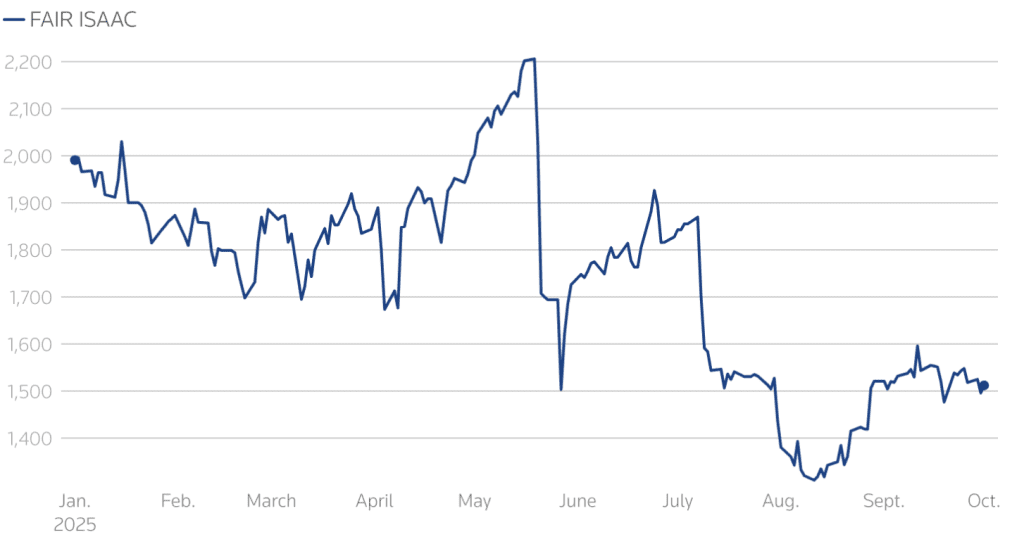The Japanese stock market is rising and hitting new all-time highs despite the weakening yen and falling bond prices. This momentum is being fueled by the election on Saturday of 64-year-old Sanae Takaichi, a known advocate of soft fiscal and monetary policies, as the new leader of the ruling Liberal Democratic Party. She is expected to replace Shigeru Ishiba as Prime Minister.
Japanese stocks hit new records amid a weaker yen and falling bond prices after Takaichi’s victory
Takaichi is considered to be pursuing the most expansionary course of action among all candidates in the recent LDP race. Her victory signaled to investors the continuation of economic stimulus policies in the spirit of “Abenomics,” the model pioneered by former Prime Minister Shinzo Abe.

The “Takaichi Trade” and Market Expectations
Even before the LDP elections, the so-called “Takaichi Trade” had emerged in the market: investors were actively buying Japanese stocks and simultaneously taking short positions in government bonds, especially those with long maturities.
Amid these expectations, the Nikkei 225 index closed on Friday at a record high of 45,769.50, surpassing the previous week’s high. According to Hiroki Takei, a strategist at Resona Holdings, accumulated short positions could begin to unwind, creating additional momentum for growth.
“This can be seen as a positive surprise for the stock market,” he noted. “If active short-covering begins, the index could reach around 47,000.”
Bond Market Pressure
The Japanese government bond market has remained under pressure since late May. Amid weakening demand from institutional investors and a gradual reduction in support from the Bank of Japan, yields continue to rise.
The 30-year note was particularly sensitive to these developments, reaching 3.285%—a record high since early September, immediately after Ishiba’s resignation announcement.
Analysts note that weak support from traditional buyers and concerns about growing government debt make the market vulnerable.
Forex Market Reaction and Takaichi’s Position
On the foreign exchange market, the yen weakened to 147.44 per dollar, a 1.4% weekly gain—the largest since May.
Speaking after her victory, Takaichi stated that the government and the central bank must act in sync to ensure sustainable inflation growth, based on rising incomes and corporate profits.
Meanwhile, short-term bonds, the most sensitive to the BOJ’s policy, continue to fall in price, as expectations grow that Japan’s economy is stable enough for the BOJ to resume tightening monetary policy.
BoJ Outlook
BoJ Governor Kazuo Ueda previously outlined a goal of gradually raising interest rates and reducing the balance sheet after a decade of massive Abenomics-style stimulus.
Yields on two-, five-, and ten-year bonds have reached their highest since 2008, amid expectations that the BOJ could raise rates as early as its next meeting.
Toru Sasaki, chief strategist at Fukuoka Financial Group and a former BOJ official, believes that Takaichi’s strong support within the LDP will give her cabinet significant political clout:
“Takaichi will restrain the BOJ from aggressively raising rates, which could lead to lower yields,” he noted. “But at the same time, its course towards increasing government spending will put pressure on the bond market and lead to a strengthening of the yield curve.”
Sumitomo Life Insurance Company has chosen a strategy of holding bonds until maturity to avoid taking losses.
Under Japanese accounting rules, if a bond’s value falls by more than 50% and is not expected to recover, the company is required to report a loss in its financial statements. However, insurers can avoid this by formally declaring their intention to hold the bonds until they are fully redeemed.

